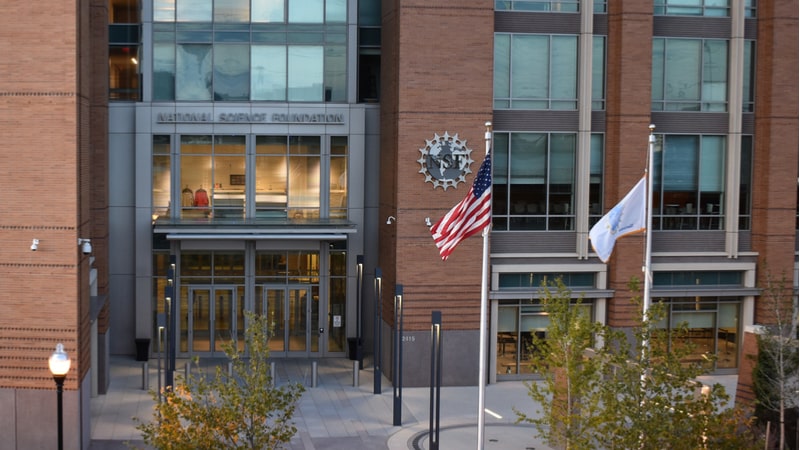
The National Science Foundation (NSF) is looking to use cloud services to speed up the agency’s scientific discoveries and offer researchers more tools through a new program named Exploring Clouds for Acceleration of Science, or E-CAS.
The agency announced on November 15 that it would partner with Internet2, a nonprofit computer networking consortium, to manage the $3 million program aimed at testing commercial cloud for research computing purposes instead of using high-performance computing capabilities.
“The effort demonstrates the effectiveness of commercial cloud platforms and services in supporting applications critical to growing academic and research computing and computational science communities, and will illustrate the viability of these services as an option for leading-edge research across a broad scope of science,” said Internet2.
The project will take a two-phased approach. In the first phase, E-CAS will support cloud allocations, development and migration for six proposals, selected from applicants who have “traditionally relied on high-performance computing resources.” The selection process will be based on improved time-to-solution and the innovative use of hardware resources. In the second phase, E-CAS will select two of the proposals, and focus on delivering scientific results.
“The E-CAS project has the potential to not only demonstrate the effectiveness of current commercial cloud computing services in supporting a range of applications that are important to the science and engineering research communities, but also to enable these communities to leverage the innovative technologies and capabilities to significantly accelerate scientific discoveries,” said Manish Parashar, director of NSF’s Office of Advanced Cyberinfrastructure.
